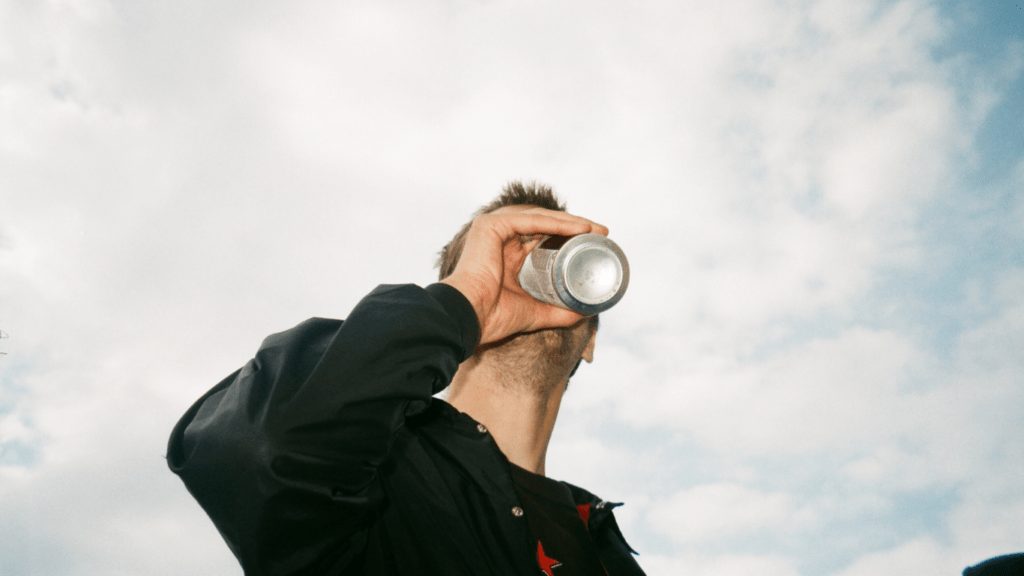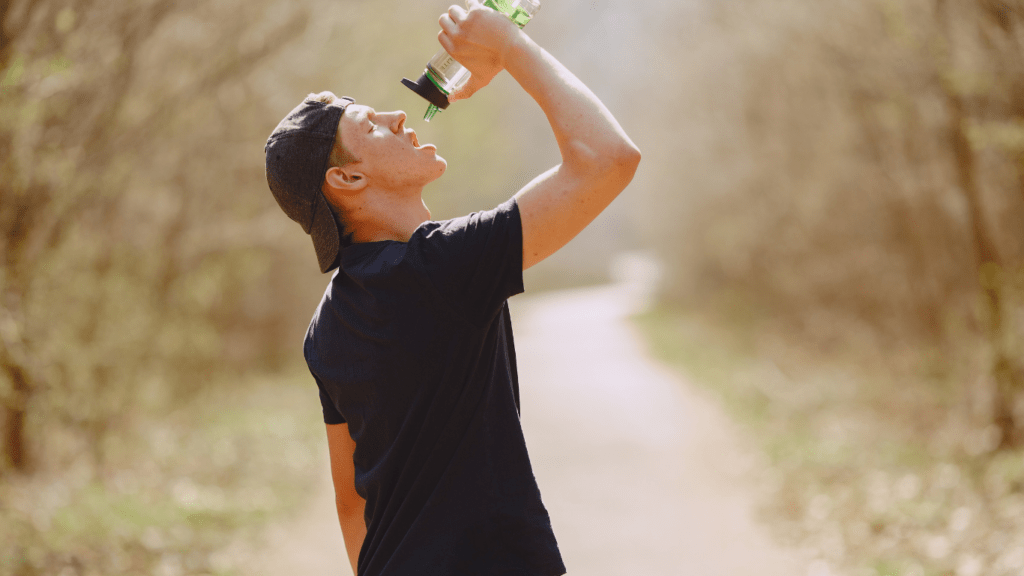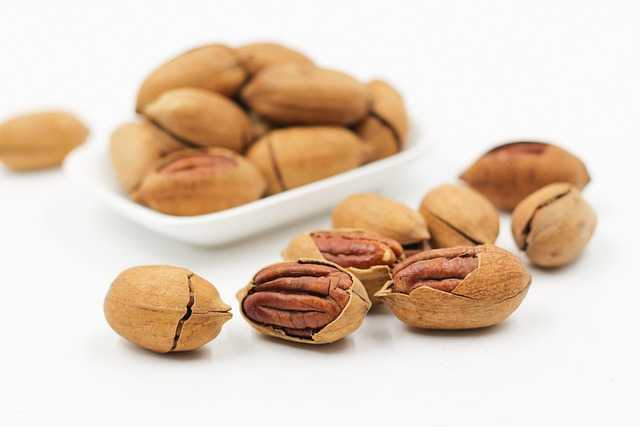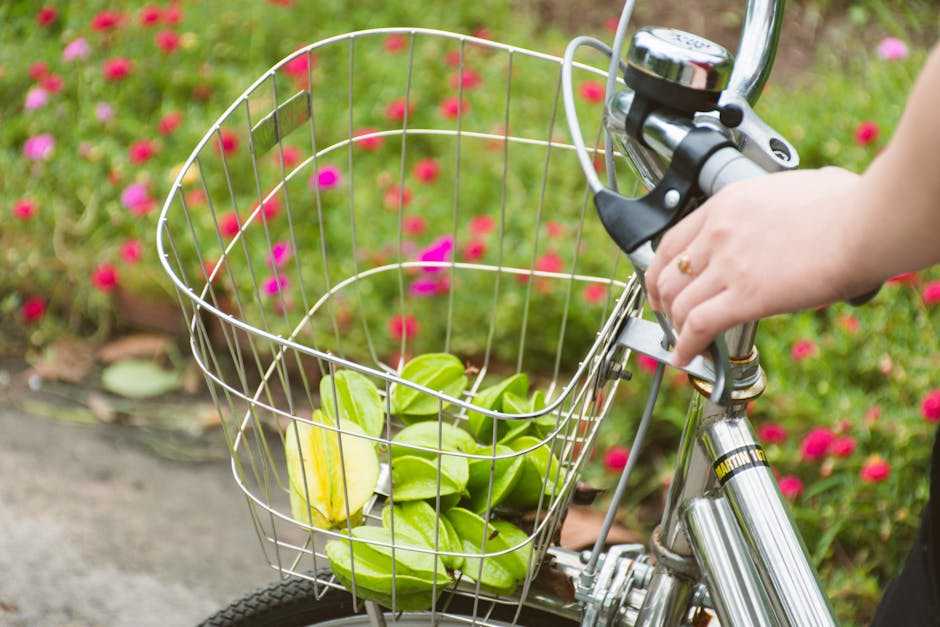Understanding Electrolytes and Their Role in Cycling
Electrolytes are essential for cyclists to maintain peak performance and avoid health issues during long rides. This section delves into what electrolytes are and why they’re vital for cyclists.
What Are Electrolytes?
Electrolytes are minerals in bodily fluids that carry an electric charge. Common electrolytes include
- sodium
- potassium
- calcium
- magnesium
They’re crucial for various body functions, including muscle contractions and nerve signaling. When these minerals dissolve in water, they create electrically charged ions, facilitating essential physiological processes.
Why Are Electrolytes Crucial for Cyclists?
- Electrolytes help maintain fluid balance, prevent dehydration, and support muscle function.
- During intense cycling, athletes lose electrolytes through sweat, which can lead to imbalances.
- If electrolyte levels drop, cyclists may experience muscle cramps, fatigue, and decreased performance.
- To avoid these issues, it’s important to replenish electrolytes through diet and hydration strategies.
- Utilizing sports drinks or electrolyte supplements can ensure adequate intake during long or strenuous rides.
- Understanding the role of electrolytes helps cyclists maintain optimal hydration and muscle function, leading to better performance and quicker recovery.
- Proper management of electrolyte intake is crucial for both amateur and professional cyclists aiming for peak performance.
Dehydration and Electrolyte Imbalance
Dehydration and electrolyte imbalance directly impact cyclists, leading to serious health and performance issues. Proper hydration and electrolyte management are crucial for optimal cycling.
Signs of Electrolyte Imbalance
Signs of electrolyte imbalance include muscle cramps, fatigue, and dizziness. Muscle cramps often occur in the legs during long rides. Fatigue manifests as decreased energy and endurance.
Dizziness can be a result of severe imbalance and dehydration. Recognizing these signs early helps avoid severe complications.
Effects of Dehydration on Cycling Performance
Dehydration significantly impairs cycling performance. It reduces blood volume, causing the heart to work harder. Reduced blood volume limits oxygen delivery to muscles, leading to quicker fatigue.
Dehydration also increases the risk of heat-related illnesses, such as heat stroke. Effective hydration strategies are essential to maintaining peak performance during long or intense rides.
Best Sources of Electrolytes for Cyclists

Cyclists need reliable sources of electrolytes to sustain performance, especially during long rides. Below, I’ll discuss the best options.
Foods Rich in Electrolytes
Eating the right foods helps maintain optimal electrolyte levels. Bananas, oranges, and avocados are excellent sources of potassium. Spinach, kale, and other leafy greens provide magnesium.
For sodium and chloride, include table salt or salty snacks like pretzels.
Dairy products, such as yogurt and milk, supply calcium. These foods not only replenish electrolytes but also provide essential vitamins and minerals.
Electrolyte Supplements and Drinks
Electrolyte supplements and sports drinks offer a convenient way to restore electrolytes quickly. Popular sports drinks, like Gatorade and Powerade, contain balanced levels of sodium, potassium, and other key electrolytes.
Electrolyte tablets, such as Nuun or Hammer Endurolytes, can be dissolved in water to create custom drinks.
These options are particularly useful during intense cycling sessions, ensuring rapid electrolyte replacement to prevent dehydration and maintain peak performance.
How to Manage Electrolyte Balance During Long Rides
Cyclists need to manage electrolyte balance during long rides to ensure optimal performance and prevent dehydration.
Pre-Ride Preparation
Prepare for long rides by hydrating well in advance. Consume beverages containing electrolytes, like sports drinks, the night before and morning of the ride.
Eat a balanced meal rich in potassium and sodium, such as a banana with salted oats, to start with a proper electrolyte balance. Check your urine color; light yellow indicates good hydration.
During the Ride
Maintain electrolyte balance throughout the ride. Drink electrolyte-rich fluids at regular intervals, roughly every 15-20 minutes. Carry sports drinks or electrolyte tablets in convenient forms for quick intake.
For intense rides over an hour, combine water and electrolyte beverages to sustain hydration and electrolyte levels. Monitor for signs of imbalance like muscle cramps or dizziness and adjust your intake accordingly.
Post-Ride Recovery
Replenish lost electrolytes immediately following the ride. Drink an electrolyte solution within 30 minutes of finishing. Eat a meal rich in electrolytes, including foods like:
- spinach
- nuts
- salty snacks
Consider electrolyte supplements for rapid recovery if loss was significant. Rehydration after a ride ensures sustained performance and prevents dehydration.

 I’m Brendamee McCartyierr, and as the founder of Cycle Smooth Ride Long, I'm thrilled to bring you the ultimate resource for all things cycling. Whether you're a seasoned rider or just starting on your cycling journey, our mission is to support your passion for two wheels with trusted advice, insightful reviews, and expert tips.
Cycling is more than just a hobby—it's a lifestyle that promotes health, freedom, and adventure. At Cycle Smooth Ride Long, we’re committed to making your ride smoother, longer, and more enjoyable by providing you with the latest in cycling news, nutrition advice, fitness tips, and gear reviews. We also cater to beginners, offering comprehensive guides to help you get started and build confidence on the road.
I’m Brendamee McCartyierr, and as the founder of Cycle Smooth Ride Long, I'm thrilled to bring you the ultimate resource for all things cycling. Whether you're a seasoned rider or just starting on your cycling journey, our mission is to support your passion for two wheels with trusted advice, insightful reviews, and expert tips.
Cycling is more than just a hobby—it's a lifestyle that promotes health, freedom, and adventure. At Cycle Smooth Ride Long, we’re committed to making your ride smoother, longer, and more enjoyable by providing you with the latest in cycling news, nutrition advice, fitness tips, and gear reviews. We also cater to beginners, offering comprehensive guides to help you get started and build confidence on the road.
